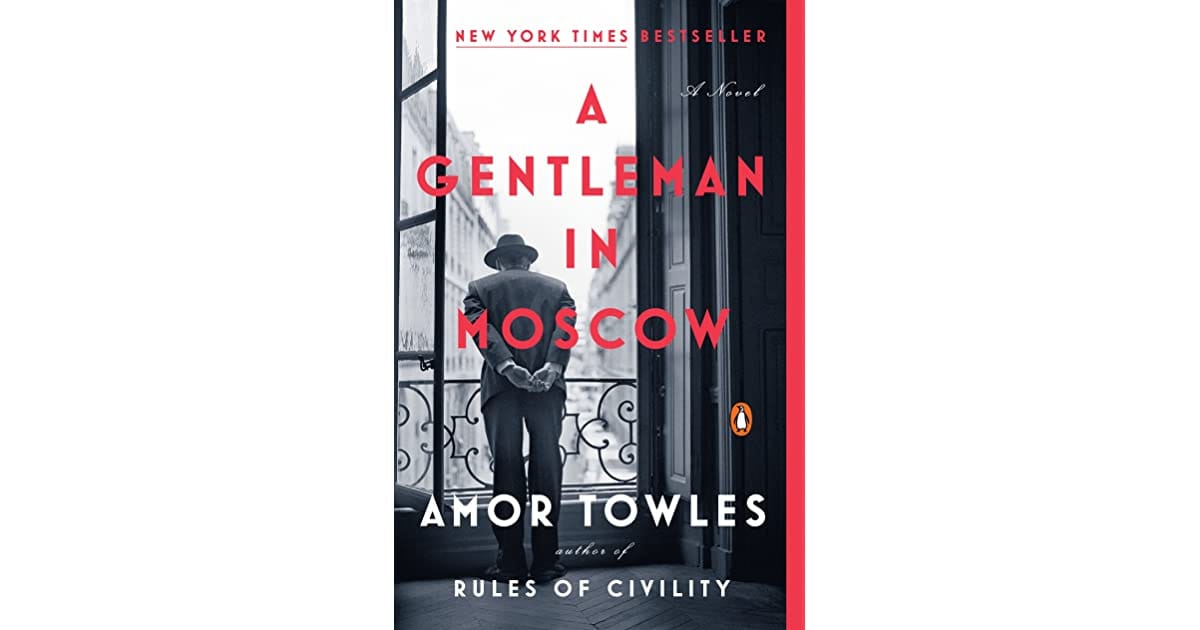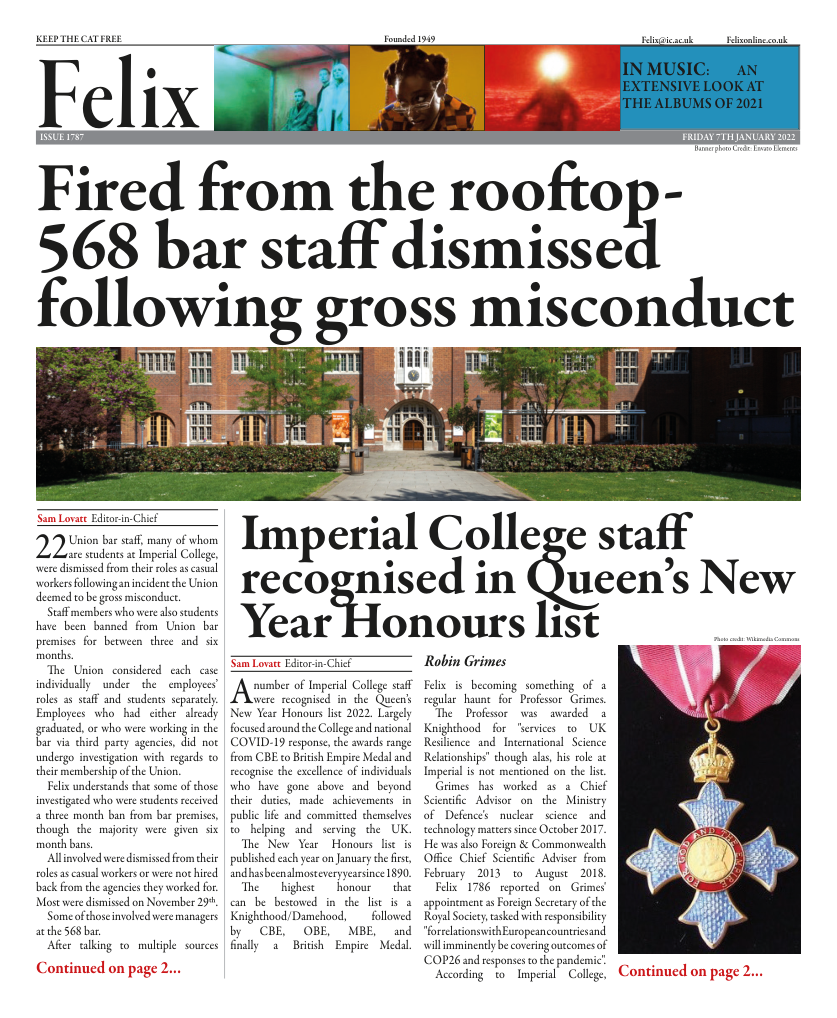A Gentleman in Moscow - Amor Towles
Editor-in-Chief Sam Lovatt reviews Towles' expertly crafted bestseller, A Gentleman in Moscow

A Gentleman in Moscow
★★★★★Author Amor Towles
Amor Towles’ New York Times bestseller ‘A Gentleman in Moscow’ is a book that can very literally be described as a pleasure to read. Not because of the intricacies of the plot (although there are many), or because of how gripping a page-turner it is, but because of the way it’s written.
Starting in the year 1922 in, you guessed it, Moscow, Count Alexander Ilyich Rostov is on trial in a Bolshevik court for his prior status: Recipient of the Order of Saint Andrew, Member of the Jockey Club, Master of the Hunt. Born a rich gentleman, and it is not the business of gentlemen to have occupations, Rostov is sentenced at the age of 30 to indefinite confinement in the city’s Metropol Hotel for his old life of bourgeoisie, with the knowledge that should he ever step outside the building’s walls, he will promptly be shot. The book follows Rostov’s life within the walls of the hotel over the proceeding decades, backdropped by the phenomenally turbulent external Russia as it embraces Bolshevism, industrialisation, nuclearisation and eventually destalinisation. Our protagonist is allowed many of the luxuries of his old life whilst being eternally held in the confines thrust upon him by the state. His life looks to be monotonous until death, when he meets a young girl of 9, staying in the hotel indefinitely under the watch of a governess.
As the book remains almost entirely centred on the Count throughout, the reader knows his personality like the back of their hand by the time they have finished the final chapter. Written in the third person, yet as if from the Count’s perspective (he is always referred to as ‘the Count’ even 30 years after his confinement), each sentence is beautifully crafted and peppered with references to the literature and high society of the past. The Count is always the cleverest in the room, though almost every character we meet teaches him something new about the life he believes he has mastery of.
Towles’ writing is astonishing. The Count doesn’t write, but has been known ‘to fence with a quill’. A young man courting his daughter in secret is ‘clearly as villainous a viper as has ever slithered from the underbrush of Eden’. Some chapters come almost as asides, where the reader spends several pages indulging in the craft of perfecting a fish stew, or finds themself in the orchards of the Count’s youth with no character other than a honey bee having ventured there.
If you are after a thriller then this one is not for you, but I think the amalgamation of history, romance and kinship has something in it for almost anyone. And remember, even if you don’t enjoy it, the surest sign of wisdom is constant cheerfulness.









